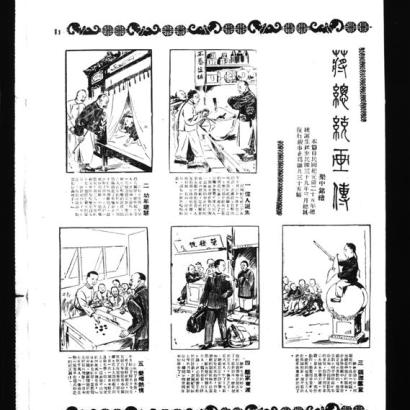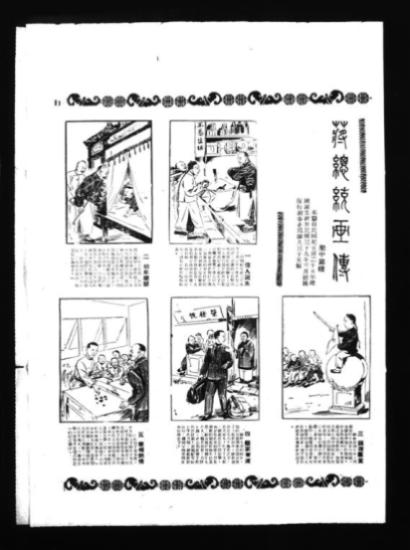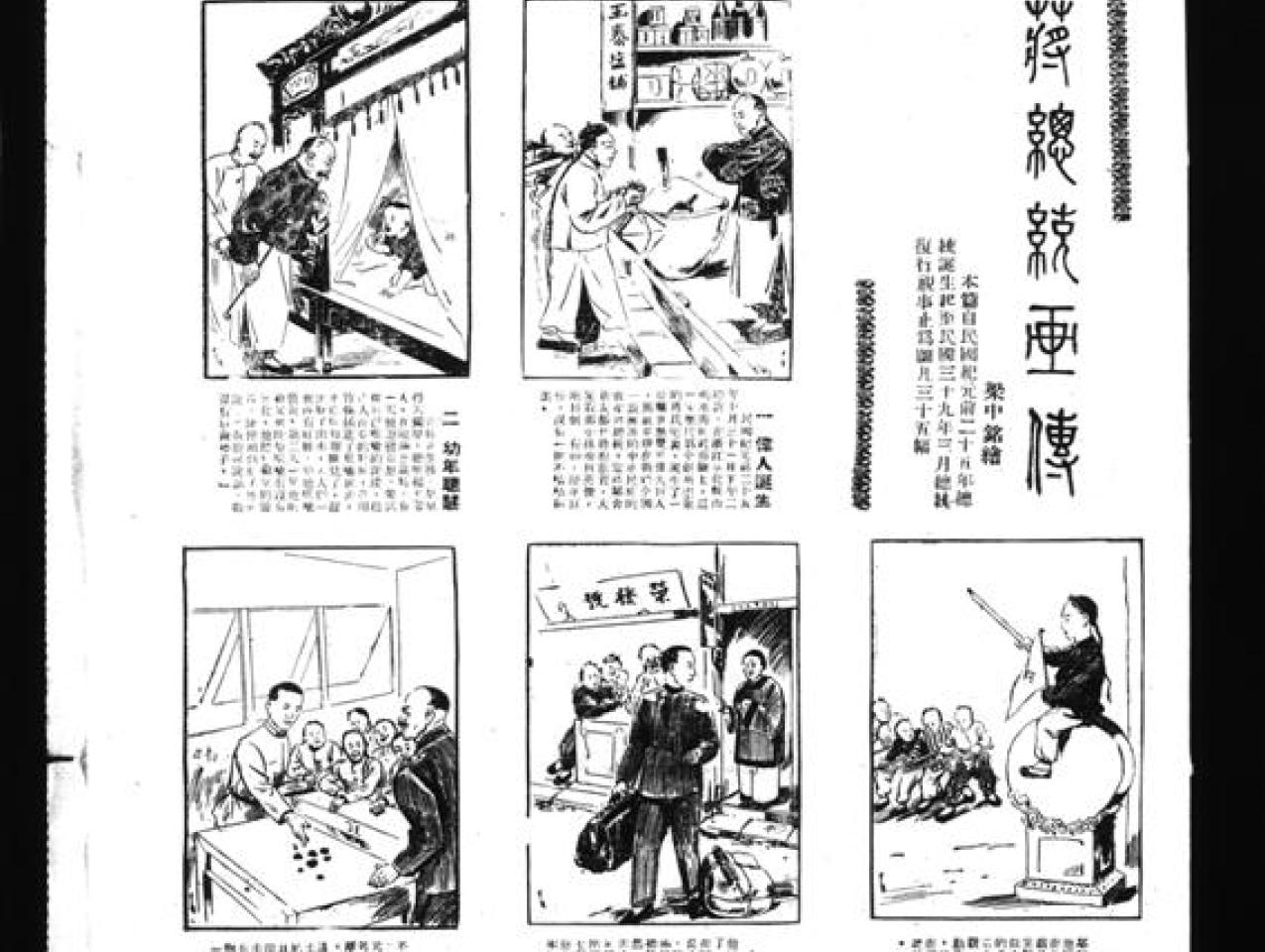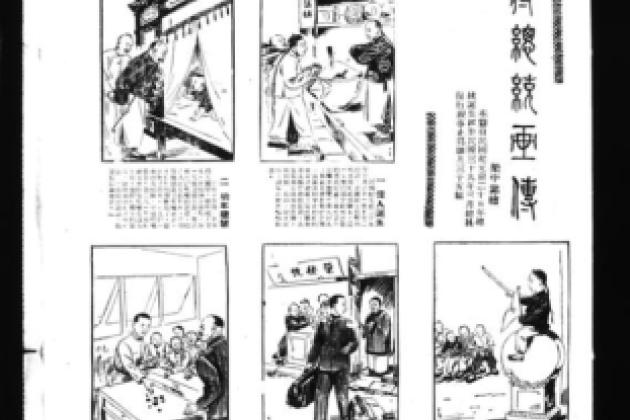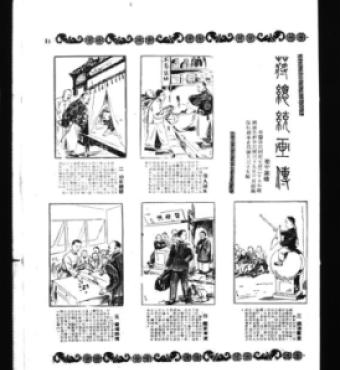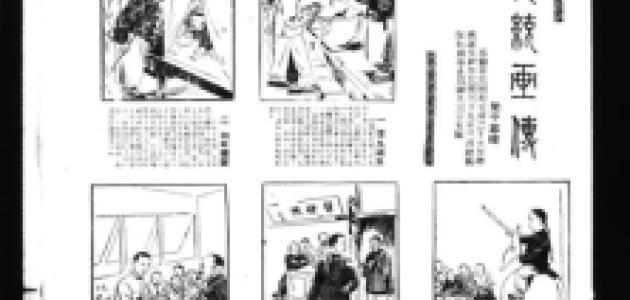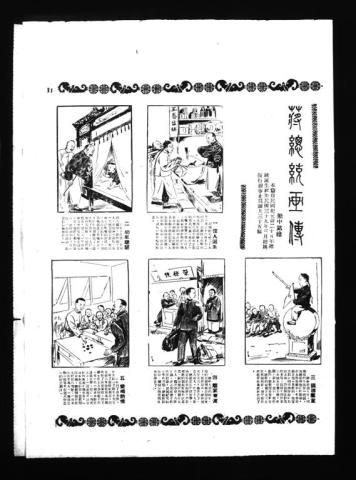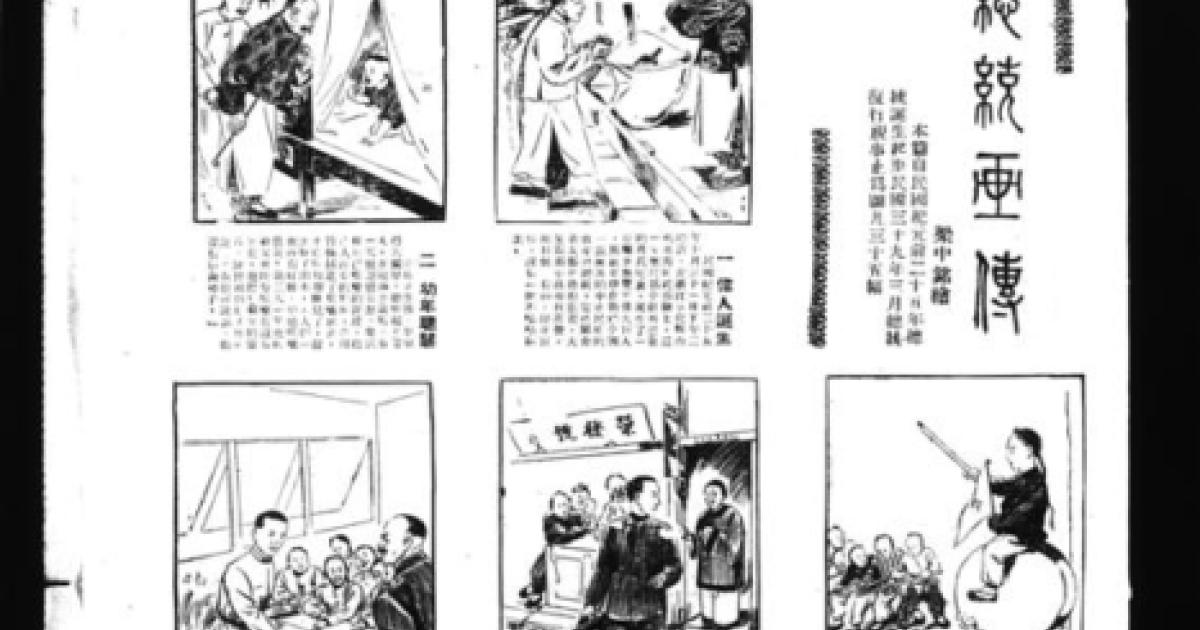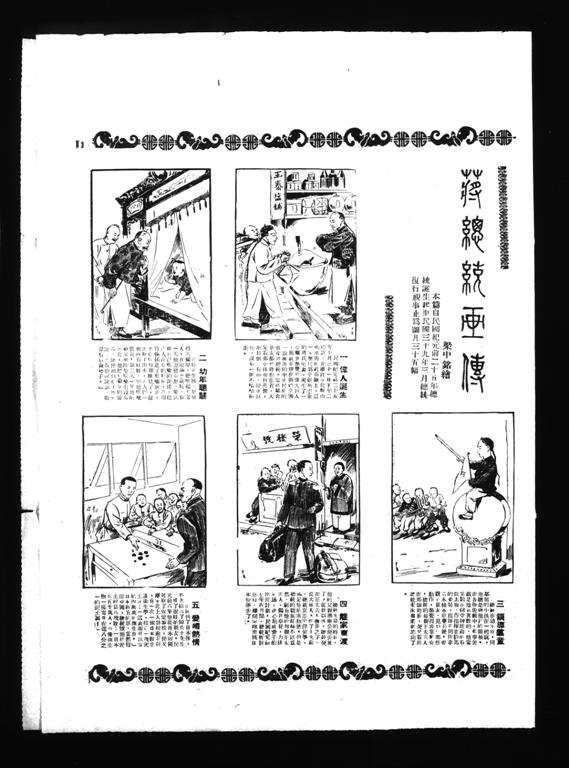
Some 17,270 records for the following collections have been added to the KMT (the Chinese Nationalist Party) Archive:
- The 5th, 6th, and 7th National Party Congress
- The 5th, 6th, and 7th Central Executive Committee
- The 5th, 6th, and 7th Central Standing Committee
- The archives of Generalissimo Chiang Kai-shek
The Fifth KMT National Party Congress was held in Nanking on November 12, 1935; the KMT Central Executive and Standing Committees began functioning in December 1935, twenty months before the Japanese launched an all-out invasion of China, and were officially terminated in May 1945, when China’s victory over Japan was in the offing. During this period, the KMT witnessed the Japanese military encroachment into China, the kidnapping of Chiang Kai-shek in Xi’an, the realignment and then the split between the KMT and the Chinese Communist Party, and China ridding itself of unequal treaties and becoming one of the Great Four during World War II.
The Sixth KMT National Party Congress convened in Chongqing on May 5, 1945. The Central Executive and Standing Committees began functioning in May 1945, lasting until August 1950, when the KMT, having retreated to Taiwan, launched its party reform on the island redoubt. During this crucial time, the KMT saw its civil war with the Chinese Communists going from bad to worse, leading to its disastrous defeat and the loss of the Chinese mainland in late 1949. The huge number of party records, now available at the Hoover Archives, bear witness to a time critical not only to Chiang Kai-shek and the KMT but also to modern China and world history as a whole.
The Seventh KMT National Party Congress was held in Taipei on October 10, 1952, with the Central Executive and Standing Committees in operation between October 1952 and October 1957. During this time, the KMT transformed itself from a mainland Chinese political party into an island-based one, reinventing itself as a capable political force in both domestic affairs and the international arena. Taiwan under the KMT realigned itself with the United States, a more secure environment that allowed the KMT to begin developing Taiwan’s economy, leading to Taiwan’s economic miracle in the decades to come.
The archives of Generalissimo Chiang Kai-shek contain personal letters, correspondence, memoranda, telegram dispatches, speeches, photos, publications, and other miscellaneous historical records. Ranging from early in the second decade of the twentieth century to the late 1960s, this collection constitutes one of the largest archival holding relating to Chiang Kai-shek outside Taiwan. It richly complements the Chiang Kai-shek diaries, which are also at the Hoover Archives.




